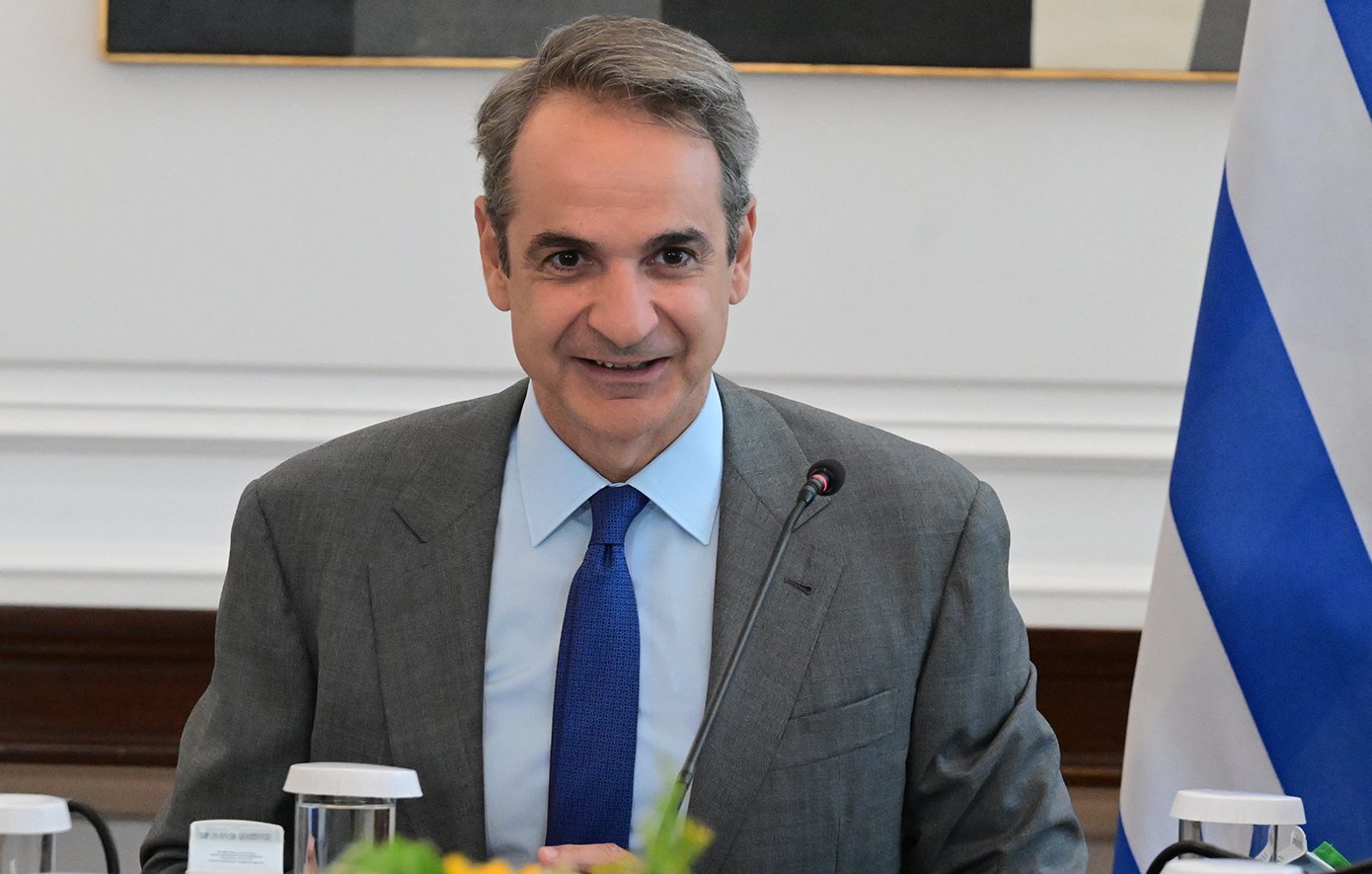In detail the misunderstandings that want to be promoted by Kyriakos Mitsotakis
Overall policy in favor of exports and substitution of imports, which is evident “in every bill, development and tax measure and grant plan” he proposed to the Prime Minister-during yesterday’s meeting with the productive bodies-the President of the Exporters’ Association, Export strategic, with the ultimate goal of achieving an export performance of 60% (GDP) within the next three years, compared to 42.7% recorded for 2024. prime minister On four axes: First, on the axis of reducing the cost of operation of businesses, including tackling the energy problem, reducing insurance costs and upgrading of transport infrastructure.
As a second axis of interventions, he put employment and workforce, referring – among other things – with emphasis on lack of staff, demanding/supply in the labor market and the need to upgrade and update skills (upskilling and reskilling). The third axis is to improve the export and investment framework, on the fronts of development law, tax incentives and funding, and fourth structural changes, in the direction of reducing bureaucracy, simplifying the regulatory environment, tackling unjustified competition. During the meeting, the specific issues of Thessaloniki were raised, with an emphasis on connecting the port with PATHE, the Alexandria Zone of Innovation, the funding of the city’s start -up ecosystems and the proposal of SEVE for a bioclimatic village of Students. Mr. Diamantidis put an end to the Prime Minister the problems of the aquaculture industry, in particular in terms of the special framework for spatial planning and sustainable development for aquaculture (EPSSAA-Y).
Professionals and traders
A series of interventions on five axes were asked by the Prime Minister by the professionals and traders of the Prefecture of Thessaloniki, through the mouth of their Federation President (AEH), Panagiotis Karasavvidis, who submitted a memorandum. In particular, the five axes relate to: First, the tax field (Mr. Karasavvidis suggested, inter alia, the immediate withdrawal of the imputed way of taxing individual businesses/freelancers, rationalizing indirect taxes and the full abolition of the end of the businesses). Secondly, the funding, for which it requested the allocation of a percentage of funding by European programs in very small businesses, to create a permanent financial measure, similar to that of the refundable advances exclusively for small and very small businesses and the establishment of an irrelevant business account.
Thirdly, with regard to private debt management, the UNHS proposed, among other things, to regulate 120 installments for the debts to the State and to speed up the out -of -court procedures for the 240 installment regulations. Fourth, in order to tackle energy costs, the Federation has requested, inter alia, to maintain subsidies in the accounts of very small and small businesses and the vulnerable and poor households and to subsidize the installation of small -scale photovoltaic panels on the terraces of small businesses. Finally, the need to reinstate the determination of the minimum wage through the National General Collective Labor Agreement, the measures to tackle the problem of jobs, the rationalization of the fines and the treatment of digital bureaucracy in the direction of simplifying the procedures, were emphasized. Mr Karasavvidis finally raised the Prime Minister and a series of individual issues concerning the OEH Member Associations.
The engineers
The positions and proposals of Central Macedonia’s engineers on major projects and infrastructure but also for a series of critical institutional and developmental reforms include the memoir of the Technical Chamber of Greece/Department of Central Macedonia (TEE/TKM), in view of the 89 Chamber of Greece/Department of Central Macedonia (TEE/TKM) Elias Pertzinidis. The basic proposals made by the TEE/TKM include the adoption of a new codified building regulation, which will release modern architectural design, the overall restructuring of the building services, the extension of the intended control program in conjunction with the providing economic motion and the providing economic motion. programs to improve accessibility.
Central to this year’s memorandum is the proposal for the reopening or redesign of central Macedonia bodies with a key role in the development process, such as the Thessaloniki Regulatory Organization, “an indispensable tool in the management of the metropolitan character of the area”. The TEE/TKM also called for the strengthening of “Egnatia Odos SA” as a “valuable partner in project implementation”, as well as the integration of the Institute of Technical Seismology and Earthquake Constructions (ITSAK) in the Aristotle University of Thessaloniki.
The memorandum also emphasizes the need to speed up a series of flagship works for Thessaloniki and Central Macedonia, such as the extension of the subway – first to the west and then to the airport – the holistic redevelopment of the Metropolitan Park of Pavlos Mela, the interventions of the Metropolitan Park Regeneration of TIF et al. Finally, the TEE/TKM calls for the activation of a flexible funding program to repair the damage caused to the monumental constructions of Mount Athos by the ongoing seismic vibrations of recent months, while pointing out the need for the design and implementation of projects dictated by the need to adapt to climate change.
Their positions were also presented to the Prime Minister by the Association of Industries of Greece (SEBE), the Thessaloniki and Crafts Chambers (ETH and BET) and Geotechnical (GEOTEE), the Chamber of Halkidiki and the Pharmaceutical Association.
